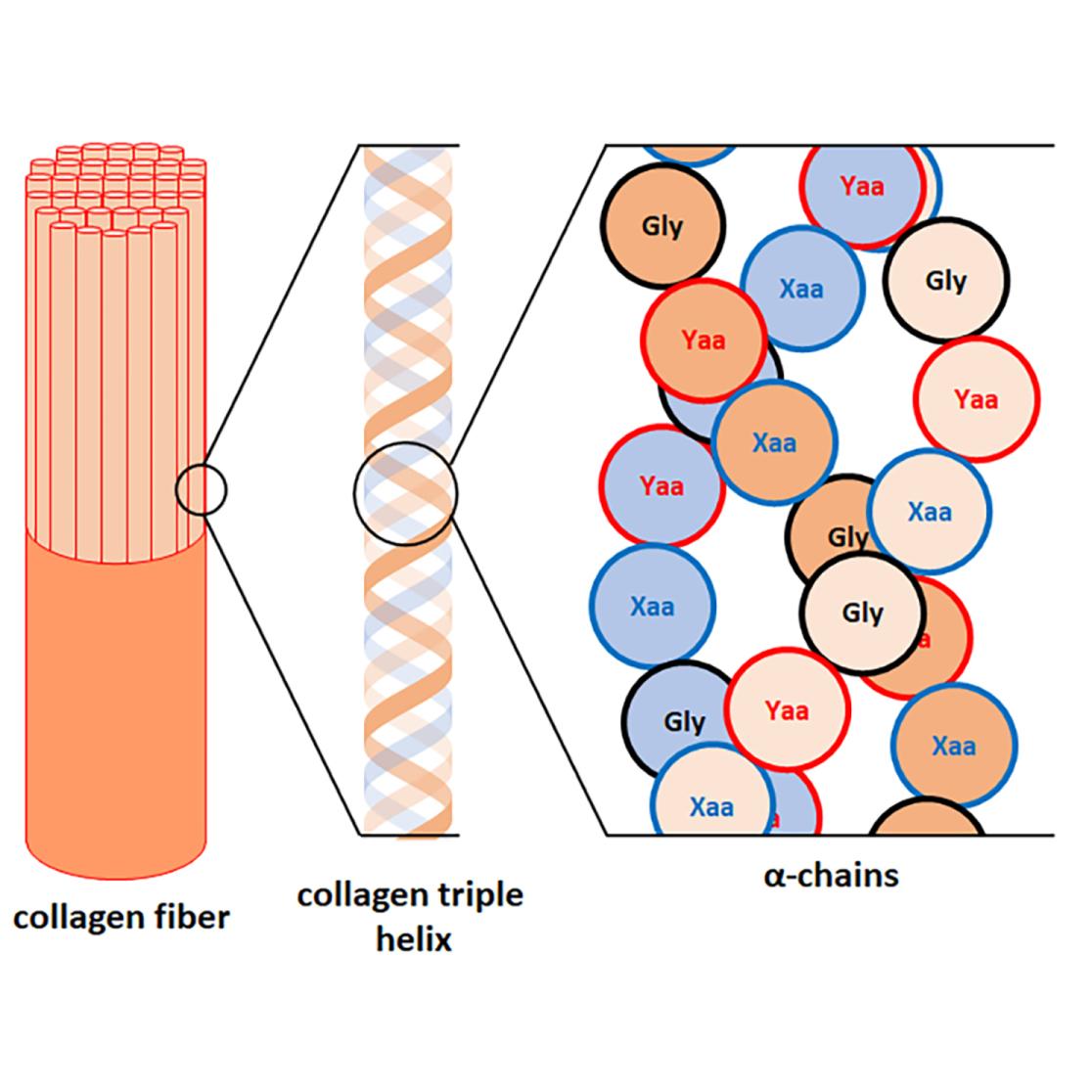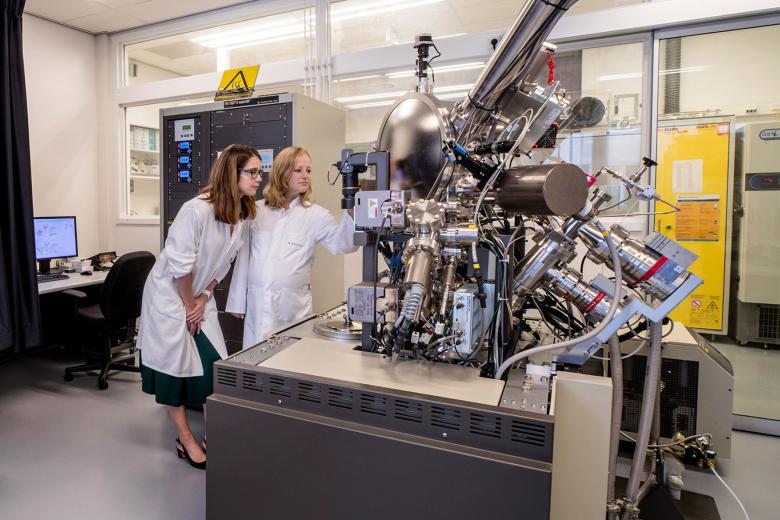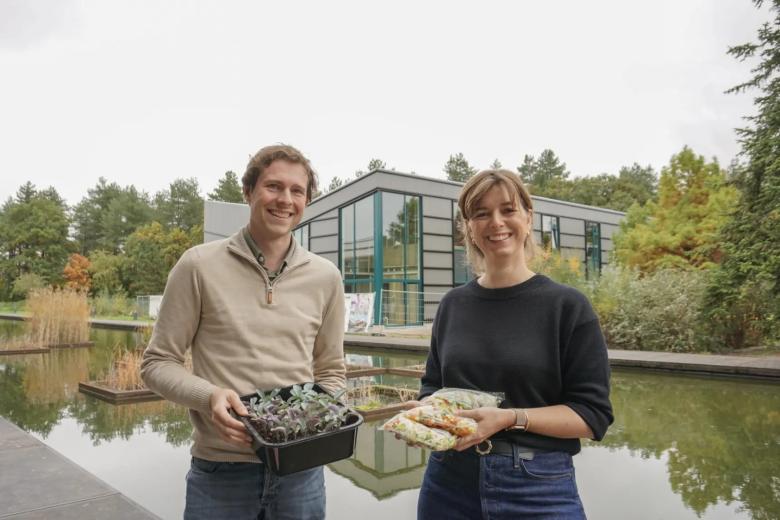Coll-a-Gen: Animal-Free Synthetic Collagen
Maastricht University has secured over €400,000 in funding for the development of Coll-a-Gen, a synthetic, animal-free alternative to collagen. If successful, this project could herald a breakthrough in medical treatments, ranging from advanced wound healing to biocompatible implants.
Collagen is a protein that provides strength and structure in the body, it is found in bones, skin, and cartilage. Thanks to its robust and versatile properties, collagen is increasingly used in applications such as wound healing, the creation of artificial tissues, and even bioplastics. Natural collagen is typically derived from animal sources, making it a difficult-to-obtain, expensive material with variable quality. A safer alternative is to recreate collagen in the laboratory, though this process is complex and time-consuming.
Artificial production
Coll-a-Gen aims to simplify the production of artificial collagen. At the Aachen-Maastricht Institute for Biobased Materials (AMIBM), Jordy Saya and his team are working on the chemical synthesis of collagen. Using individual building blocks, they create short segments, which are then smartly assembled into longer proteins that closely mimic the size and properties of natural collagen. This process involves three steps and is designed for large-scale production.
“With this technique, we can sustainably produce synthetic collagen. This opens new possibilities for research and applications in medicine and eco-friendly materials,” Saya explains.
Saya’s project involves collaboration with researchers from various disciplines across AMIBM. “Our interdisciplinary approach combines synthetic, analytical, and applied expertise. If successful, we will explore potential applications in partnership with groups such as the Biobased Polymers and Materials team.” Saya has been awarded a grant of over €400,000 through the NWO Open Competition in the Exact Sciences programme.

Also read
-
UM to play a more prominent role in Dutch scientific infrastructure
Eleven consortia from various scientific disciplines are set to launch projects of great value to science. The Dutch government is making a total of €197 million available for this purpose. Scientists from Maastricht University (UM) are closely involved in seven of the eleven projects.

-
The future of our food? It's growing in the labs at Brightlands
The agriculture and horticulture of the future require smart innovations, sustainable cultivation methods, and resilient crops. At Brightlands Campus Greenport Venlo, all of this comes together in Brightlands Next Generation Farming. Here, research is conducted, but above all, solutions are...

-
Archaeology as a bridge between past and future - Luc Amkreutz Appointed 8th Eugène Dubois visiting professor
Luc Amkreutz is the new Eugène Dubois Visiting Professor at the Faculty of Science and Engineering at Maastricht University. "I see this chair as a unique opportunity to highlight the multidisciplinary power of archaeology and to show how science and society can reinforce each other."
